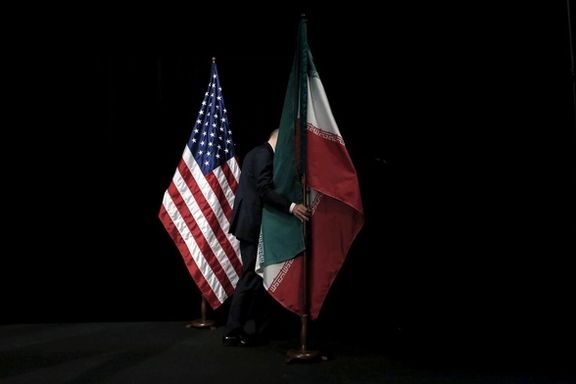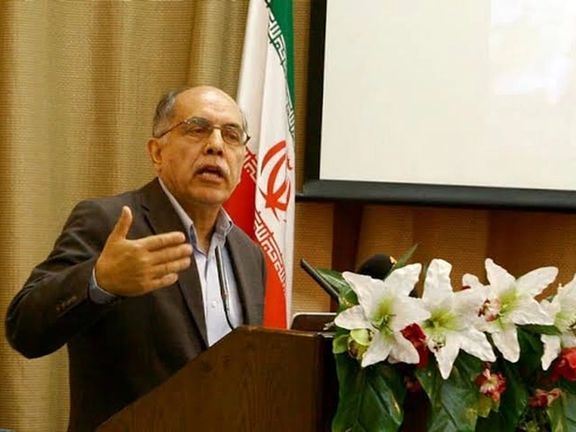Iranian Media, Pundits Discuss Iran-US ‘Understanding’

A foreign policy analyst in Tehran says that “an interim verbal nuclear agreement” with the United States cannot bring the long-term stability Iran needs.

A foreign policy analyst in Tehran says that “an interim verbal nuclear agreement” with the United States cannot bring the long-term stability Iran needs.
Former Iranian diplomat and scholar Kourosh Ahmadi wrote in an article last week that “If the 2015 nuclear deal [JCPOA] has lost its non-proliferation value…the objective should be improving it” instead of aiming for an interim and limited deal “that cannot last more than one or two years.”
Ahmadi called a possible interim deal a temporary fix that cannot overcome the chronic instability that disrupts and hinders Iran’s economic progress. Do we want just to patch things up for a short period of time, he asked, or put the country on the road to progress.
Referring to media reports about “a new wave of negotiations between Iran and the United States over an “understanding” or “a verbal agreement,” Etemad Online website pointed out in an analysis that Iranian officials have not provided any information about such an agreement, although they have confirmed that negotiations have taken place in Muscat, New York and Doha. US officials have also made minimal statements about the talks to swap prisoners and release Iran’s assets in Iraq but ruled out any talks over the JCPOA.

According to Etemad Online, it appears that Iran and the United States have reached an understanding about “stabilizing the current situation” and about some kind of “political cease-fire.” This will prevent crises at the points of contact, such as in Syria and the Persian Gulf. Etemad added that Iran on the other hand might be aiming for a détente with the United States alongside the rapprochement with Saudi Arabia, which can give Tehran access to its hard currency funds frozen abroad.
Etemad Online also opined that restored relations with Saudi Arabia can help Tehran achieve an agreement or an understanding with Washington. Based on the new deal Iran might agree not to enrich Uranium beyond 60 percent and stop installing new modern centrifuges while also promising to boost its cooperation with the IAEA, Etemad Online said, based on reports in Western media.
Also on the agenda of the negotiations are Iran’s cooperation with Russia in the war against Ukraine and the attacks on the US forces by Iran’s proxy groups in Iraq and Syria. The United States, on the other hand, will promise not to intensify the sanctions and instead, release more of Iran’s frozen assets abroad and facilitate Iran’s oil sales.

According to Nameh News website, Kambiz Mehdizadeh, an aide and son-in-law of former President Hassan Rouhani wrote in a tweet about the possibility of talks between Iran and the US: “An interim agreement or whatever you might call it is like a painkiller pill that can alleviate the symptoms of a cold. It can stop a runny nose, but it cannot help us to bring in foreign investments or help us purchase aircraft.”
On social media, Afifeh Abdi, an Iranian journalist and a foreign policy researcher, wrote in a June 22 tweet: “The ongoing negotiations over the Joint Comprehensive Plan of Action (JCPOA) are being furthered not because of the skill of Iran’s current negotiating team, but because of the strong US motivation to buy time and to keep Iran away from Russia and China. For the United States, these negotiations mean giving small concessions for strategic achievements!” Ms. Abdi added: “But what can Iran do? Iran has limited choices.”
In a comment under the post, a Twitter user wrote: “When Iran refuses to bring about essential economic reforms because its officials benefit from the ongoing corruption, and refuses to grant social liberties to the people, then the officials run the country on a day-to-day basis and try to get hold of hard currency to temporarily control the markets. Later, the United States will break its promises and the exchange rates will jump like a spring.”